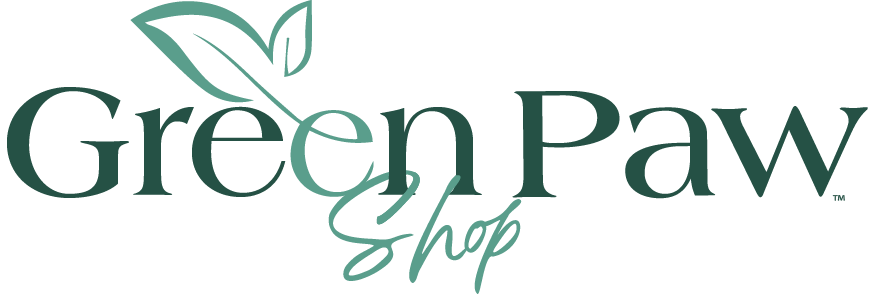How Much Water Should a Dog Drink?

Depending on their age, activity level, and health, dogs have different water needs. They need a minimum of one ounce of water per pound of body weight per day. Some dogs will drink more than this, while others will drink less. Regardless of your dog's water needs, it is important to monitor their water intake. This will allow you to identify any issues, and help you ensure they are getting the right amount of water.
Dogs need to drink water to help them maintain a healthy body temperature and to aid in their digestion. They also need to drink water to help flush out toxins and other substances that may be present in the body. In fact, water is one of the most important nutrients for dogs. In fact, water accounts for more than half of a dog's body weight. It also serves as a vital component of healthy cells. However, if your dog is dehydrated, it can lead to serious problems such as kidney stones and organ failure.
Aside from being a basic requirement of canine health, drinking water is also fun for dogs. They will often drink more water when it is hot outside or when they are playing. They also drink more water when they are eating wet food. If you are trying to help your dog stay hydrated, you may want to set up a water bowl that is elevated for older dogs, or fill a separate container to fill throughout the day. If you are unsure of your dog's water consumption, a vet can help you determine the right amount for your dog.
Dogs can also exhibit signs of dehydration, which can include a dry mouth, lethargy, and pale gums. These are all indications of a health issue, and you should contact your veterinarian if you notice any of these symptoms in your dog. Other signs of dehydration include vomiting and diarrhea, or if your dog refuses to drink from its water bowl. If your dog is dehydrated, it can experience problems such as urine obstruction, electrolyte imbalance, and kidney stones.
There are several other signs that your dog may be dehydrated, including vomiting and diarrhea, pale gums, and lethargy. If you notice these signs, it is important to call your veterinarian, as it may be a sign of kidney disease, liver disease, or other serious health issues.
One of the most important aspects of your dog's water intake is to keep the bowl clean. Your dog will often refuse to drink from a dirty water bowl, so it is important to clean it regularly. If your dog refuses to drink from a clean bowl, you may want to consider buying a reusable water bowl that can be filled with fresh water.
You may also be able to encourage your dog to drink more water by setting up a schedule. You can fill the bowl with fresh water before your dog goes to bed, and then refill it before you leave for work in the morning. This will ensure your puppy is getting the right amount of water throughout the day.





